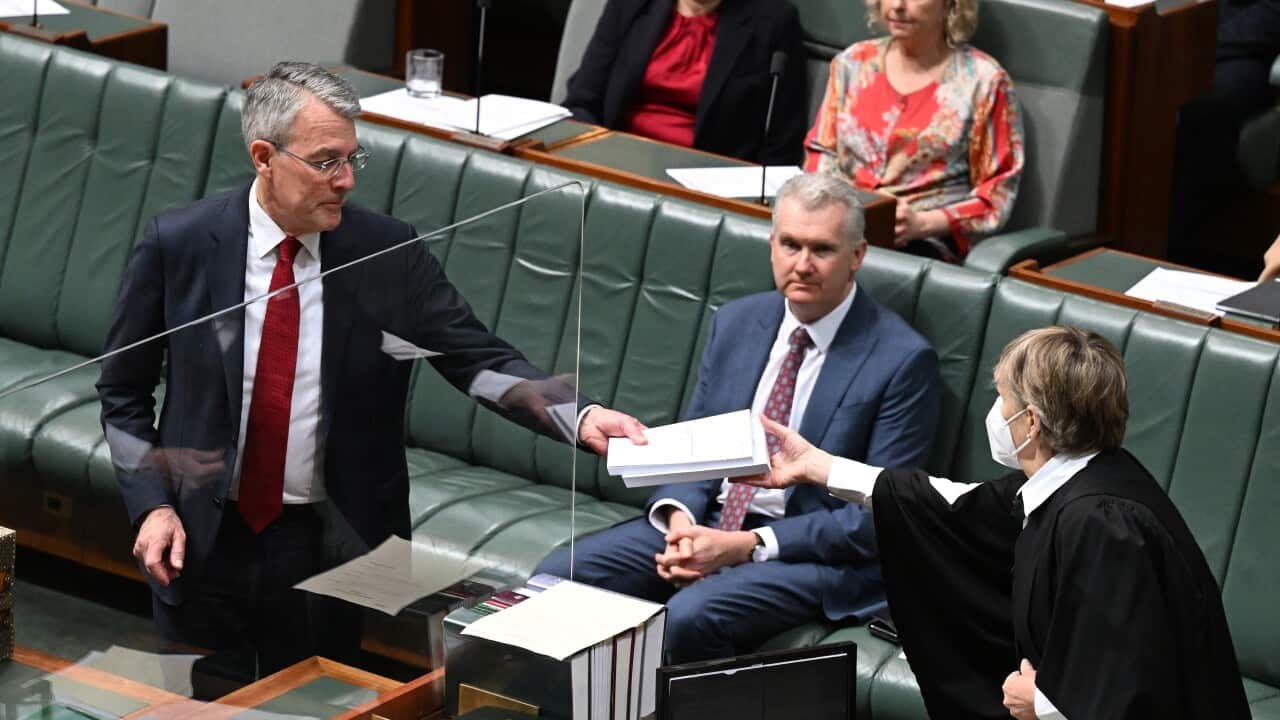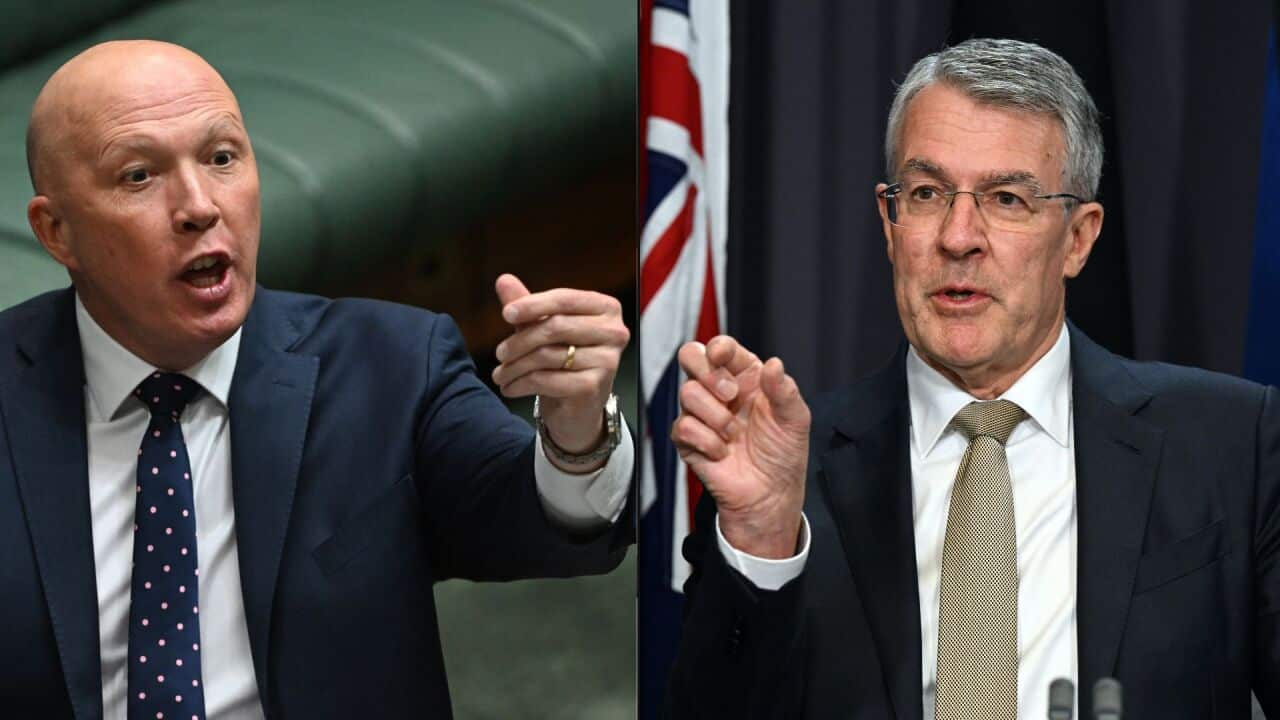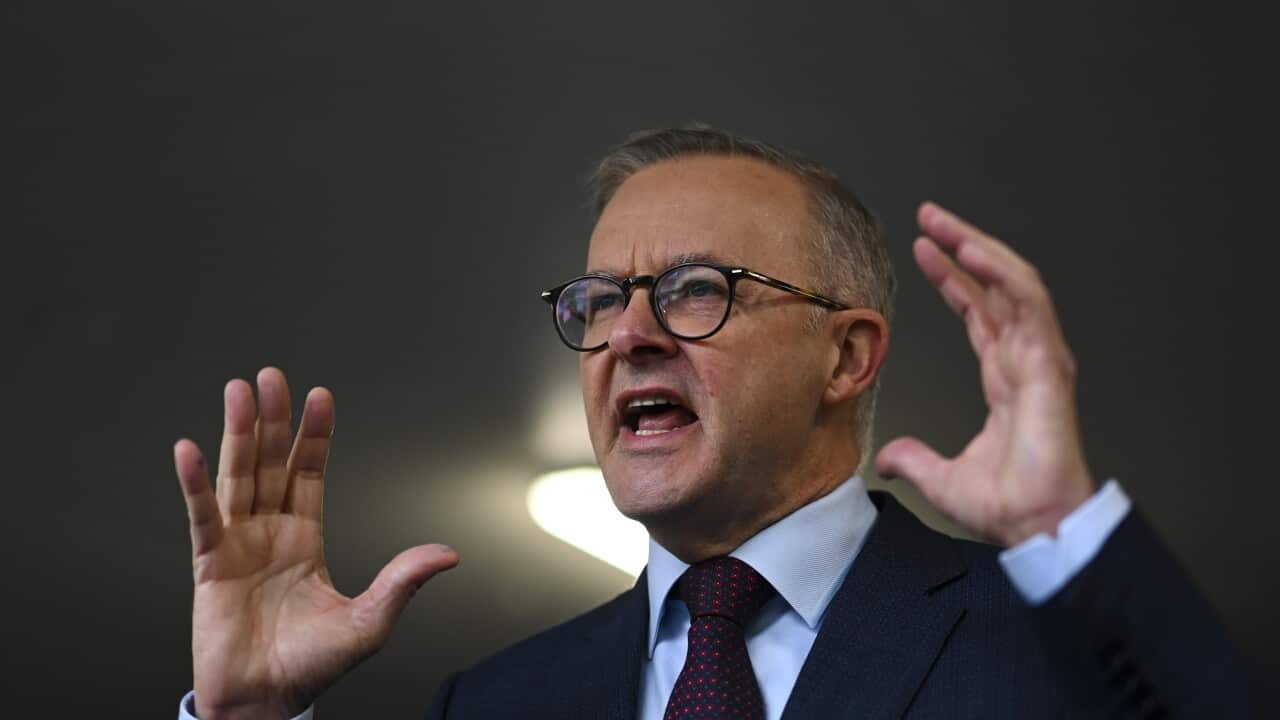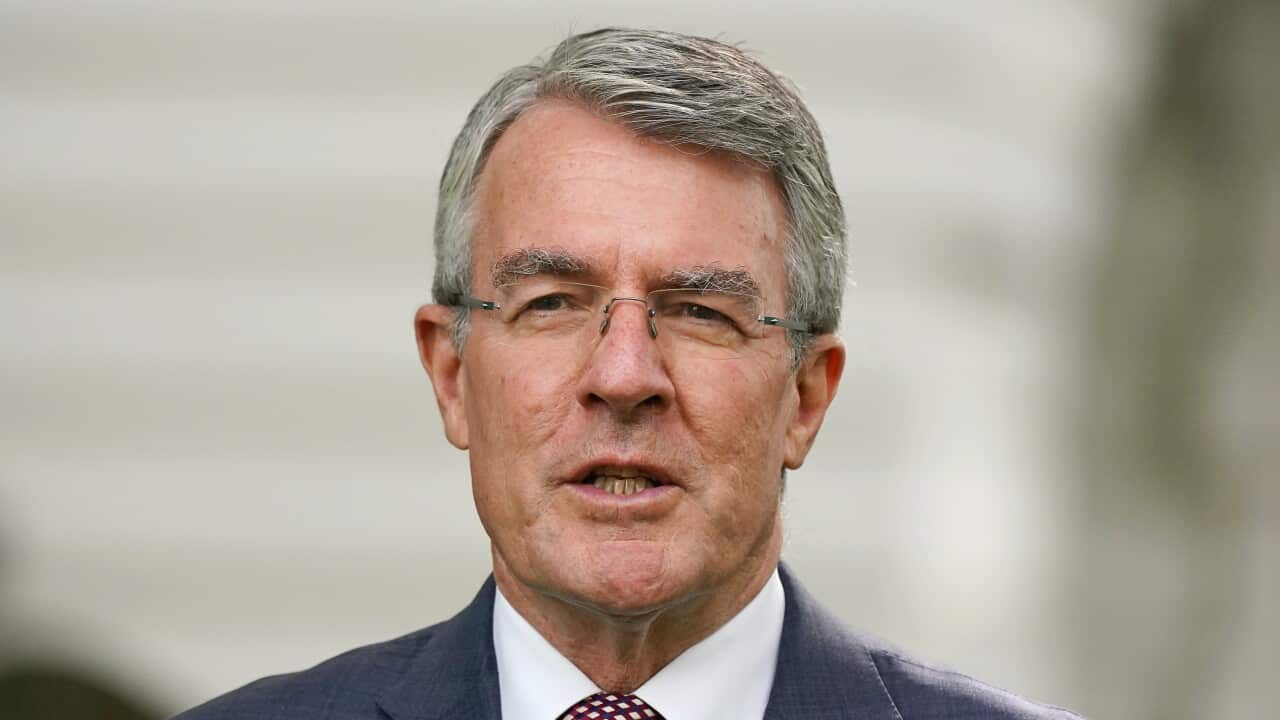Proposed laws to establish a long-awaited national, independent anti-corruption watchdog have been introduced to parliament.
Attorney-General Mark Dreyfus introduced legislation to the lower house on Wednesday to set up the integrity commission, which will cost $262 million over four years and $90 million more than an earlier coalition proposal.
What will it do?
He said the body — to be known as the National Anti-Corruption Commission — would operate independently of the government and have powers to investigate serious or systemic corrupt conduct across the commonwealth public sector.
Ministers, parliamentarians, staff, statutory office holders, government employees and contractors will be eligible for investigation by the commission.
Protections for whistleblowers and journalists as well as safeguards to protect reputations are also included in the proposal.
Who will lead it?
Mr Dreyfus said the commission would be the lead commonwealth agency to investigate serious or systemic corruption and work in partnership with other agencies such as the federal police.
"The commission will have a full suite of powers similar to those of a royal commission (and) it will be able to use its powers to undertake an investigation into a corruption issue," he said.
"It will have the power to hold public hearings (and) it will also have a mandate to prevent corruption and educate Australians about corruption."
Will the hearings be public or private?
Although public hearings will be held in "exceptional circumstances", Mr Dreyfus said the default position for the commission would be for private hearings.
Greens senator David Shoebridge said the government's proposed test for public hearings was "exceptionally unhelpful".
"One of the best disinfectants for corruption is sunshine," he told reporters in Canberra.
"Public hearings are critical to the work of this national anti-corruption commission."
Independent MP Helen Haines, who has been a staunch advocate for the commission, said the proposal was the culmination of years of work that would continue.
Why is this important?
"There is going to be an inquiry, we'll be in there doing our best to make sure that this anti-corruption commission is the very best it can be," she said.
"This is a once-in-a-generation opportunity, we plan to get it right."
Liberal MP Bridget Archer said she was heartened that her party, which failed to establish a watchdog while in government, had an open mind to the proposal.
She said the opposition would consider the government's proposal, but the bill's introduction was the beginning of negotiations.
Why is it being criticised?
Independent Sydney MP Zali Steggall said the legal test imposed for public hearings was a "red flag" because it meant they might be "rare".
Ms Steggall said previous claims made by the coalition that public hearings were "show trials" were a "shameful attack" on the important work done by anti-corruption commissions.
She said the NSW model, which involved public hearings, demonstrated a "greater level of transparency and scrutiny" than other state bodies.
What are the concerns?
Transparency International Australia broadly welcomed the legislation but expressed concern over plans for public hearings.
“We are concerned the bar on public hearings is set too high. Public hearings are essential for detecting and preventing corruption,” said CEO Clancy Moore.
“The risk that some important examples of corruption will be dealt behind closed doors and in secrecy is a blow for transparency.”
“We need to have a robust discussion about how we can establish best-practice guidelines for public hearings, based on Australia’s 30 years of experience across the country.
Mr Moore also said Transparency International Australia was pleased the government had committed to strengthening whistleblower protections.
“Whistleblowers are one of the single most effective ways to identify corruption. Without people blowing the whistle on corruption and misconduct, detecting corruption can be like searching for a needle in a haystack,” he said.
“We need to go beyond tweaks to current whistleblower protection legislation - we need an overhaul of whistleblower protection laws, and the establishment of a centralised, independent authority to ensure whistleblowers are heard and protected.”




